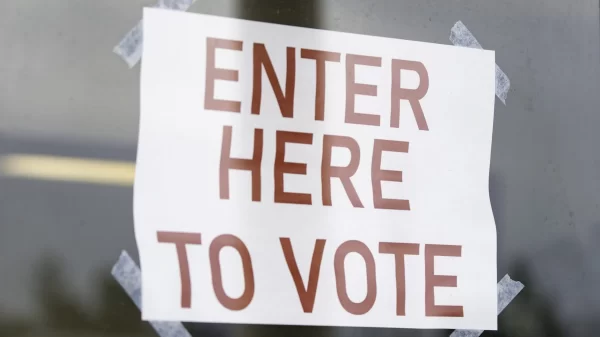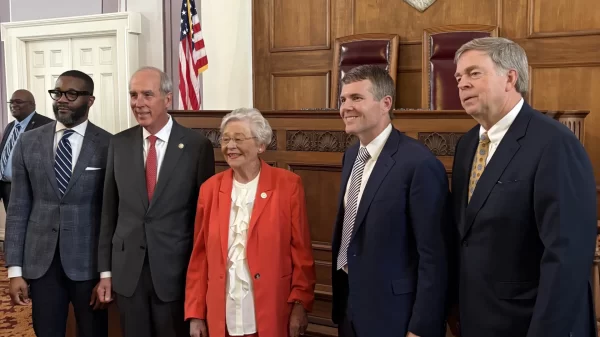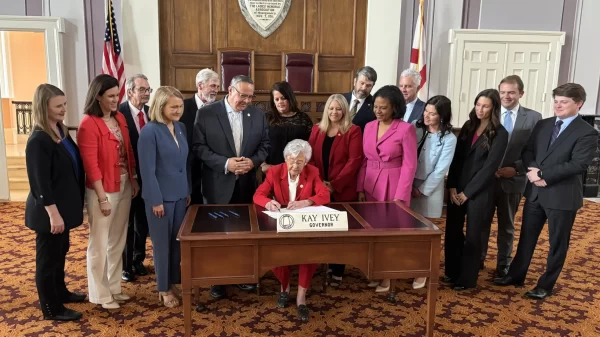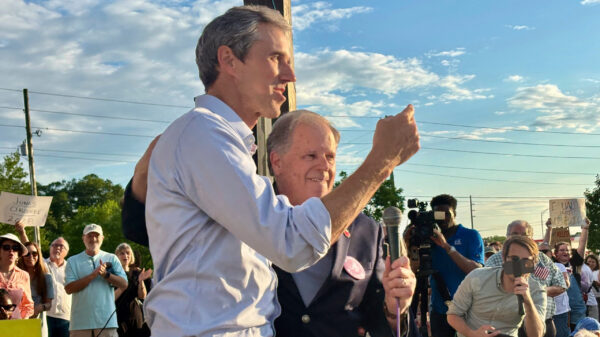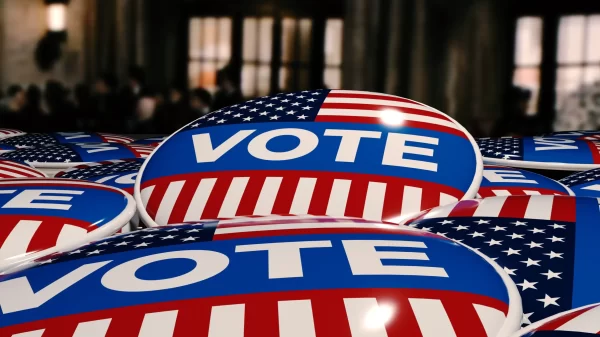Labor Day is intended to be a tribute to the labor movement and “is dedicated to the social and economic achievements of American workers,” according to the U.S. Department of Labor’s website.
Republican-dominated states have demonized labor unions as a hindrance to free enterprise, choosing instead to establish right-to-work statutes.
Alabama became a right-to-work state by statute on Friday, Aug. 28, 1953. Nearly 65 years later, the state’s Republican lawmakers successfully pushed a ballot measure adding a right-to-work provision to the state constitution. Why, after 65 years, the state needed to pass a constitutional amendment to bolster a law already on the books was politics, not policy. However, the state’s voters overwhelmingly approved the constitutional amendment.
According to the National Right to Work Committee, the justification for right-to-work legislation is that “no worker should be forced to join or pay dues to a labor union in order to get or keep a job.”
Labor organizations see right-to-work policies as something much different than their counterparts.
“’Right to work’ is the name for a policy designed to take away rights from working people,” according to the AFL-CIO. “The real purpose of Right to work laws is to tilt the balance toward big corporations and further rig the system at the expense of working families. These laws make it harder for working people to form unions and collectively bargain for better wages, benefits, and working conditions.”
“A lot of the good things we enjoy in this country today were hard-won at the bargaining table where labors leaders stood for worker’s rights,” said Bren Riley, president of the Alabama AFL-CIO, which through it’s 37 International Affiliates represents about 60,000 working Alabamians.
Labor organizations in the state represent approximately 138,000 members or roughly 7.4 percent of the workforce.
While Alabama is experiencing a rise in employment, however, wage-growth is still stagnant.
“The federal minimum wage has languished at $7.25 for almost a decade now,” according to Think Progress. “Even as local governments are trying to pass $15 minimum wage bills, the Republican party continually opposes such measures, in some cases using state-house majorities to impede legislation.”
As AFL-CIO President Richard Trumka said in an article by Emily Q. Hazzard, “It doesn’t matter if unemployment’s at 3.9 percent of their wages are low. They don’t have health care, and they can’t afford to send their kids to school.”
The City of Birmingham voted to increase its minimum wage from $7.25 an hour to $10.10 in Feb. 2016. The state Legislature immediately took action to block the wage increase by passing a law that prevented, “local governmental entities from requiring minimum leave, wages, or other benefits for employees.” The statute further established that only the state had the authority to “establish uniform employment policies and regulations.”
During her time in office, Gov. Ivey has doggedly focused on job growth in the state, and according to labor statistics, her efforts are paying dividends.
Like many other holidays, Labor Day now has mixed meanings. For many Alabamians, it’s the end of summer, the beginning of the political season, but most importantly, the start of football.
But for a moment, some remember the good brought about by the once honored labor movement; others still fight its existence.


